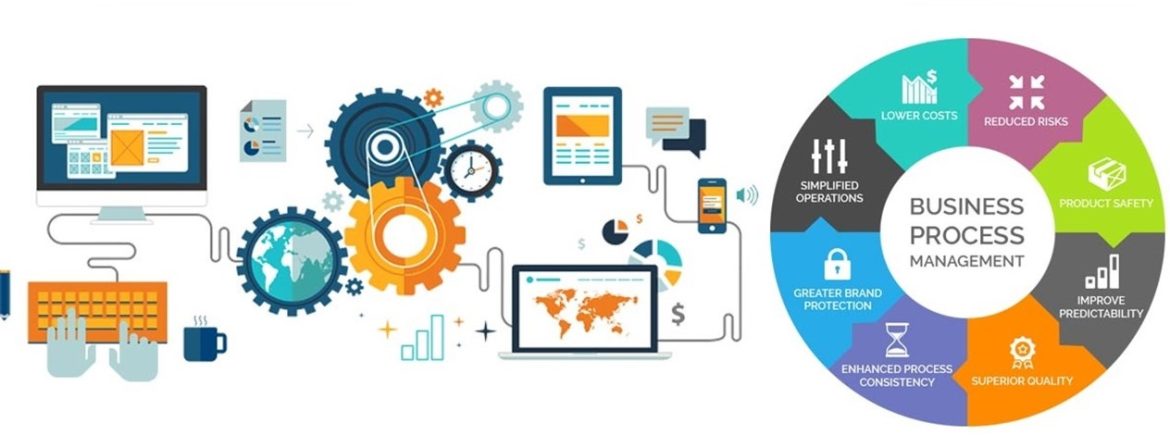If you’re looking to implement business process automation into your business, there are a few things you need to think about. These include improving efficiency, cutting costs, and reducing human error. Hopefully, these tips will help you find the best BPA solution for your needs.
Reduces human error
If you want to lower the rate of human error in your business, you’ll need to implement business process automation. These systems can help you reduce the risk of errors and increase productivity.
Automated processes are particularly useful for mission-critical tasks. These include customer onboarding, inventory management, and fraud detection. These types of tasks require deep engagement with data, which can be costly and time-consuming to perform manually.
The right software solution can consolidate and digitize your data. This allows for better communication and collaboration among your departments. It also helps you identify patterns and deviations. These insights can help you avoid costly mistakes.
Business process automation also helps ensure your organization’s compliance. This can help you avoid costly accidents that can affect your brand’s reputation.
Simplifies workflow
Business process automation can streamline workflow processes and eliminate the need for repetitive manual tasks. This helps reduce errors, improves accountability, and increases productivity. It can also help businesses increase revenue and cut costs.
To get started with business process automation, organizations need to identify the processes that need to be automated. They should have a good grasp of who will be responsible for running the process and what each task will involve. This helps minimize mistakes and eliminates the need for a full team of developers.
Business process automation software can help organizations make the most of their technology investments. It can make data readily available and accessible, and ensure security at all points. It can also decrease the likelihood of internal information leaks.
It can also reduce the need for a team of IT experts. This means more time for employees to focus on higher-value activities.
Cuts costs
When it comes to cutting costs, business process automation is the answer. With the right solution, you can reduce operating expenses and boost your bottom line.
Automation also reduces the burden of internal resources. It frees up capital to invest in improving products or services. By reducing the amount of time spent on mundane tasks, your team can focus on more meaningful tasks.
There are numerous ways to automate your processes. Whether you’re looking to reduce late fees or speed up the invoice processing cycle, you’re likely to save some money.
It’s no secret that the cost of running a company is rising. Experts estimate that operating costs double every fourteen years. This means your business can become a lot less competitive if your expenses continue to rise.
Improves efficiency
Business process automation is a way of accelerating processes that would otherwise take a lot of time and energy. It also allows employees to focus on tasks that are more important to the company. It can help to improve customer service and employee productivity.
In a nutshell, process efficiency measures the amount of effort it takes to achieve a specific result. Measuring process efficiency helps identify and address weak points in your operations. It can also help you identify ways to boost your productivity and increase your profits.
One of the best ways to measure process efficiency is to calculate the amount of value-added time your employees spend on a process. This includes tasks such as reviewing a document, entering data, and correcting errors. The more efficient a process is, the more output you can achieve with the same amount of resources.
Enables integration with your ERP system
Using Business Process Automation (BPA) and an ERP system, companies can automate routine processes, improve data analysis, and increase business performance. This streamlined and automated approach to operations reduces human workload and error, and frees up time for other operations.
An ideal ERP system integrates data across different departments, providing a unified source of truth for the data. This allows teams to share, manipulate, and update information to increase the accuracy and efficiency of the business.
ERP systems are used by retailers, wholesale distributors, and other industries to automate their business. They provide an automated solution for managing a wide range of functions, from manufacturing to supply chain management. They also help to ensure compliance with regulatory standards and business practices.
ERP systems also offer integrated software features for various business functions. These include eCommerce, marketing tools, sales automation, and analytics.


